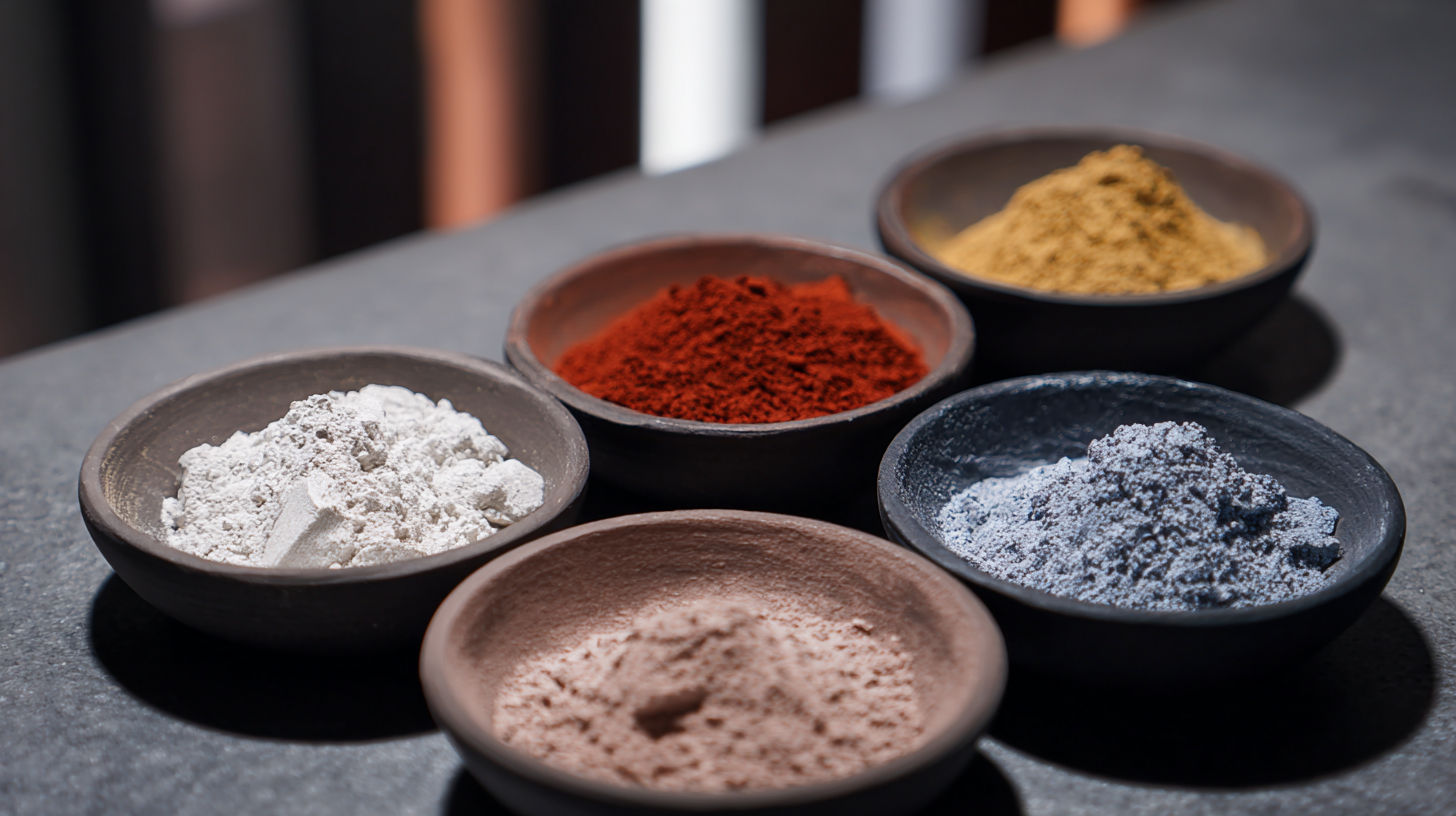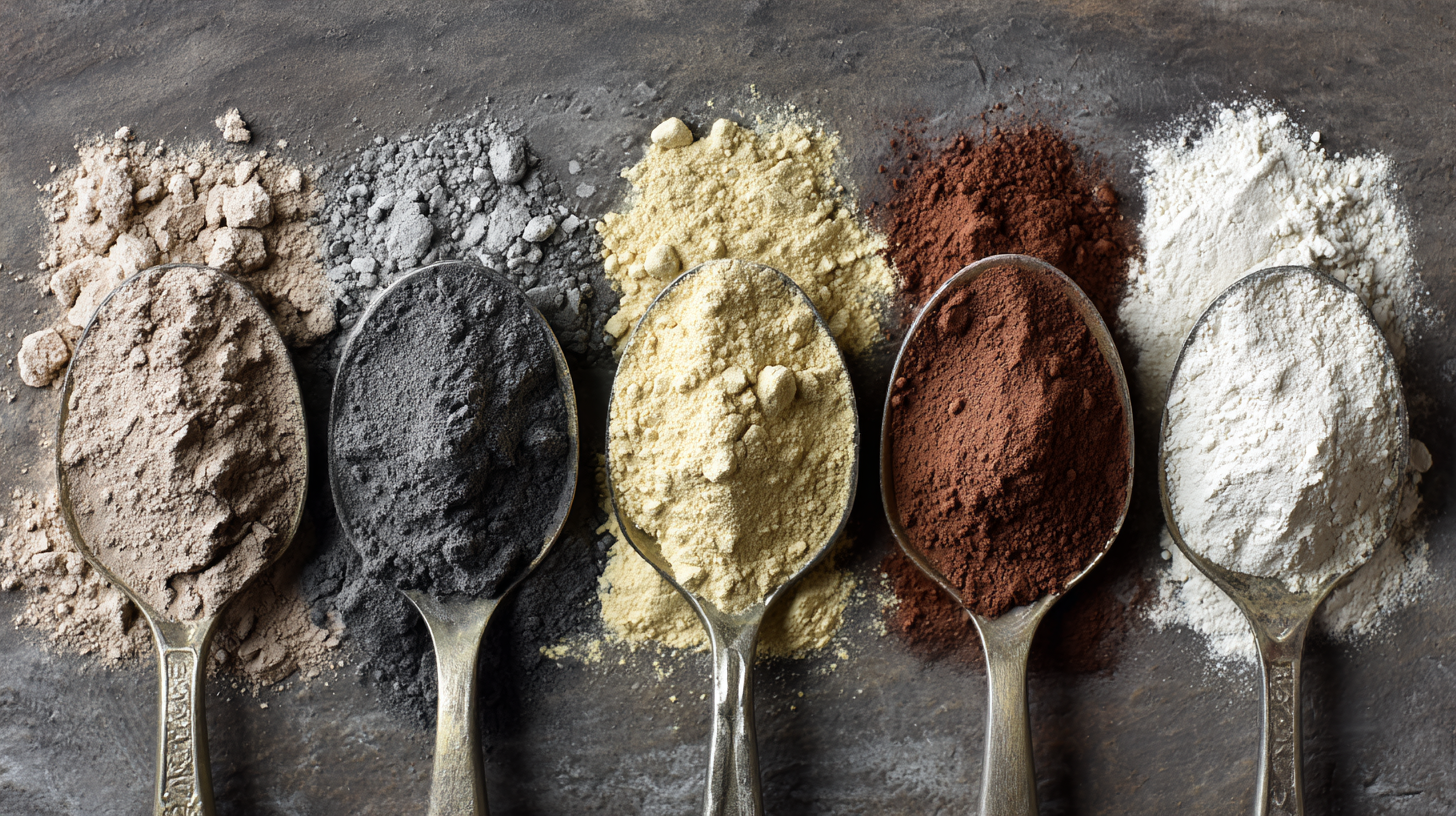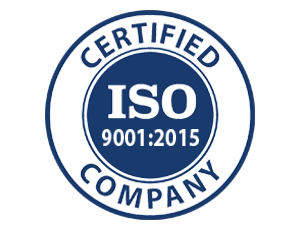Liquid Molding Monthly
A Comprehensive Guide to Selecting the Best Casting Materials for Your Projects
In the ever-evolving landscape of manufacturing and design, the choice of casting materials plays a pivotal role in determining the success of any project. According to a recent report by MarketsandMarkets, the global castings market is projected to reach $228 billion by 2025, driven by the increasing demand for lightweight and durable components across industries such as automotive, aerospace, and construction. As engineers and designers strive to optimize performance while minimizing costs, understanding the unique properties and applications of various casting materials becomes essential.

This comprehensive guide will delve into the nuances of selecting the best casting materials, providing insights into the latest trends, material characteristics, and expert recommendations to ensure your projects meet both functionality and quality standards.
Understanding Different Casting Materials: An Overview
When it comes to casting projects, the choice of materials is pivotal to achieving the desired outcome. There are several different casting materials available, each with its unique properties and applications. For instance, metal casting often employs aluminum and bronze, prized for their strength and durability. Aluminum is lightweight and easy to work with, making it suitable for both intricate designs and mass production. On the other hand, bronze, although heavier and more expensive, offers superior resistance to corrosion, making it ideal for outdoor sculptures and marine components.
In contrast, non-metallic materials such as resins and plaster also play a significant role in casting. Epoxy resins are widely used due to their versatility and ability to capture fine details, suitable for prototyping and artistic projects. Plaster, while more traditional, is often favored for its affordability and ease of use in creating molds. Understanding the strengths and limitations of each type allows artisans and manufacturers to select the most appropriate casting material tailored to their specific project requirements, ultimately leading to more efficient production and higher quality results.
A Comprehensive Guide to Selecting the Best Casting Materials for Your Projects
This chart illustrates the popularity of different casting materials in various industries based on their usage frequency.
Key Industry Applications of Casting Materials
When selecting casting materials for various industry applications, it is crucial to consider the market trends and forecasts that shape the landscape. For instance, the global graphite market is projected to reach a value of $2.347 billion by 2025, with a growth rate reaching $3.292 billion by 2033. This represents a strong demand for graphite, particularly in sectors like automotive, manufacturing, and construction, where its properties enhance the performance and durability of cast products.
Moreover, aluminum casting machinery is witnessing significant growth as its market size is expected to rise from $6.573 billion in 2025 to approximately $9.276 billion by 2033. The increasing use of aluminum in lightweight applications promotes the shift towards advanced casting techniques. Additionally, innovative materials like self-hardening alloys have been developed, showcasing their application in high-pressure die casting and contributing to the industry's evolution. Understanding these market dynamics and selecting the appropriate materials are paramount for successful project outcomes in casting.

Common Problems Faced with Each Type of Casting Material
When selecting casting materials for your projects, understanding the common problems faced with each type can significantly enhance your decision-making process. For instance, aluminum casting often suffers from issues such as shrinkage and porosity, which can lead to reduced mechanical properties. According to the Aluminum Association, porosity can decrease the metal's strength by up to 20%, making it crucial to optimize cooling rates and mold designs.
Similarly, resin casting can present challenges like incomplete curing or surface defects, which are generally attributed to improper mixing ratios or inadequate temperatures. A study from the American Composites Manufacturers Association indicates that using a vacuum system during the casting process can mitigate these issues, leading to more consistent results and a higher-quality finish.
Tip: Always conduct a thorough analysis of the specific properties required for your project before choosing a material. Consider factors such as thermal expansion, strength, and ease of machining.
Furthermore, while iron casting is known for its durability, it can be prone to cracking if not managed correctly. An industry report from the Foundry Educational Foundation notes that adopting advanced metallurgy techniques and heat treatment processes can significantly reduce the likelihood of such defects, ensuring the longevity and reliability of your cast components.
Tip: Keep abreast of industry advancements and techniques to select the most appropriate material and processes for your specific project needs.
Evaluating Casting Material Performance: A Comparative Approach
When choosing the right casting materials for your projects, a comparative approach can significantly enhance your decision-making process. First, consider the mechanical properties of the materials you are evaluating. For instance, metals like aluminum and steel offer superior strength and durability, making them ideal for structural applications. In contrast, plastics such as polyurethane provide excellent flexibility and resistance to corrosion, which may be beneficial for less demanding environments. By analyzing these attributes side by side, you can effectively determine the best material fit based on the specific requirements of your project.
Another key factor in evaluating casting material performance is the ease of processing. Different materials have varying levels of complexity in their casting processes. For example, traditional sand casting techniques may require more time and labor with metal materials, whereas resin casting can offer quicker turnaround times and lower production costs for prototypes. It’s essential to weigh these processing characteristics against the desired outcome of your projects.
Ultimately, adopting a comparative approach helps not only in choosing the most effective materials but also in achieving cost efficiency without compromising on quality or performance.
Tips for Choosing the Right Casting Material for Your Projects
When selecting the right casting material for your projects, it’s essential to consider the specific requirements of the application. Different materials come with unique properties that can significantly affect the final outcome of your work. For instance, if you need durability and strength, metals such as aluminum or bronze could be ideal. Conversely, if your project demands lightweight and intricate designs, consider using resins or plastics.

One crucial tip is to assess the environmental conditions the casting will endure. Materials like thermosetting resins can withstand high temperatures, making them suitable for automotive applications, whereas some polymers may not perform well under extreme stress. Additionally, think about the ease of casting and finishing. Materials like silicone can be easy to work with for intricate molds, offering smooth finishes without much additional effort.
Finally, always keep the budget in mind. While some materials may deliver superior performance, they could also stretch your financial limits. Comparing costs across various suppliers and assessing the long-term benefits of each material can help you make an informed decision that balances quality with affordability.


100% Mercury Free
All of Hapco's formulations are completely free of Mercury.

50 Year Track Record
Hapco has been in business for over 50 years!
*NOTICE* Hapco will be will be closed on Monday, May 26th, in observance of Memorial Day. |
Privacy Overview
| Cookie | Duration | Description |
|---|---|---|
| cookielawinfo-checkbox-analytics | 11 months | This cookie is set by GDPR Cookie Consent plugin. The cookie is used to store the user consent for the cookies in the category "Analytics". |
| cookielawinfo-checkbox-functional | 11 months | The cookie is set by GDPR cookie consent to record the user consent for the cookies in the category "Functional". |
| cookielawinfo-checkbox-necessary | 11 months | This cookie is set by GDPR Cookie Consent plugin. The cookies is used to store the user consent for the cookies in the category "Necessary". |
| cookielawinfo-checkbox-others | 11 months | This cookie is set by GDPR Cookie Consent plugin. The cookie is used to store the user consent for the cookies in the category "Other. |
| cookielawinfo-checkbox-performance | 11 months | This cookie is set by GDPR Cookie Consent plugin. The cookie is used to store the user consent for the cookies in the category "Performance". |
| viewed_cookie_policy | 11 months | The cookie is set by the GDPR Cookie Consent plugin and is used to store whether or not user has consented to the use of cookies. It does not store any personal data. |


